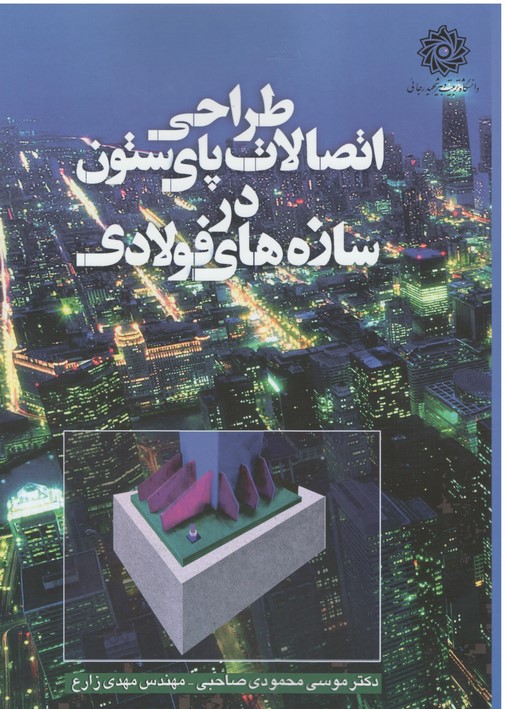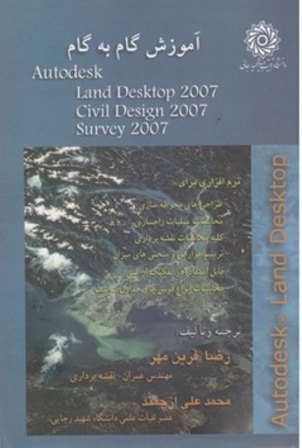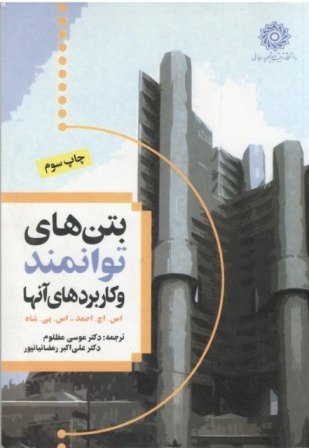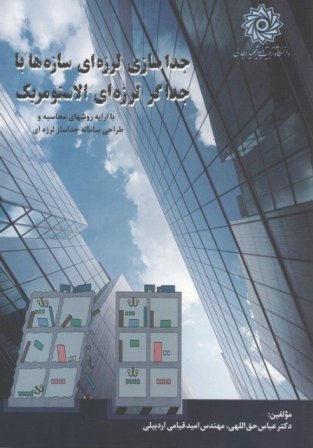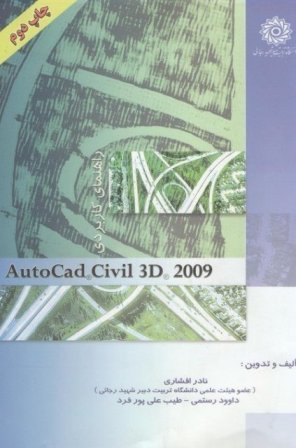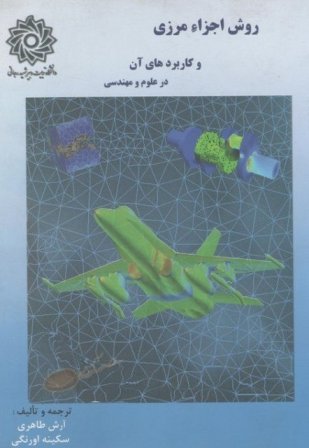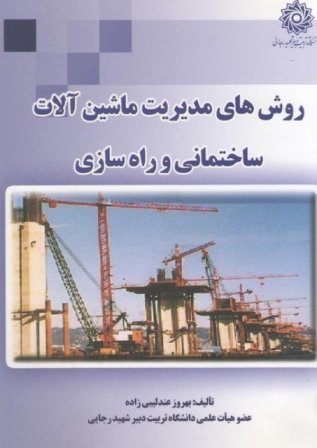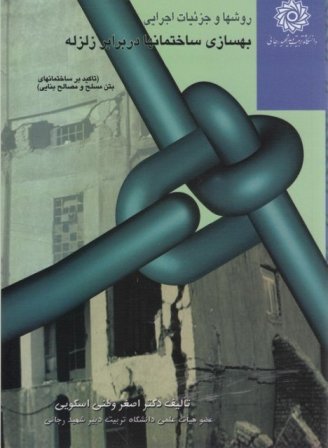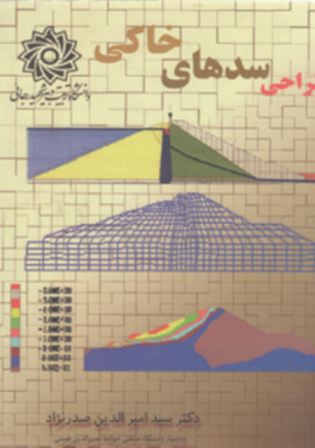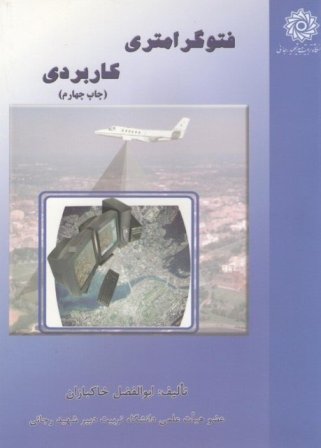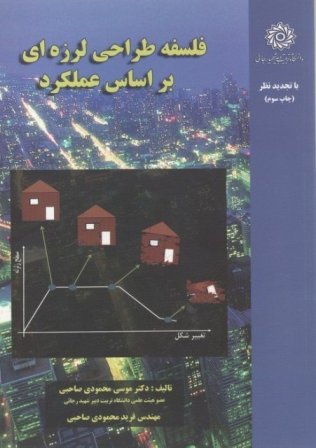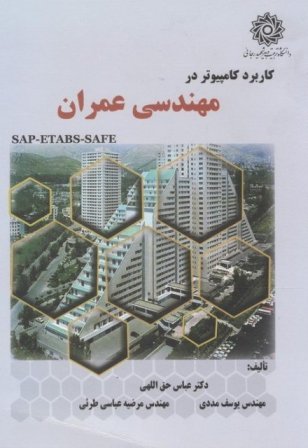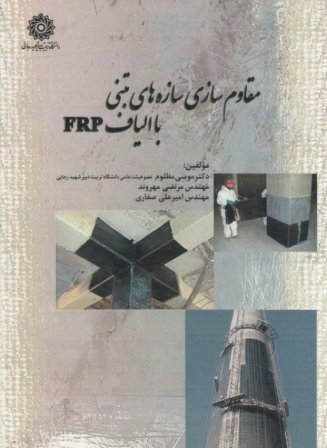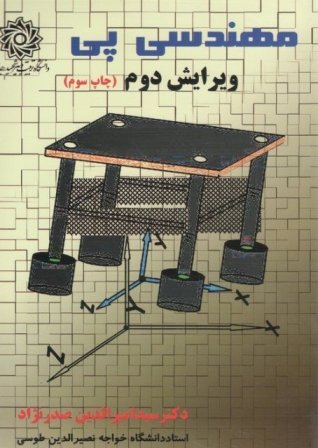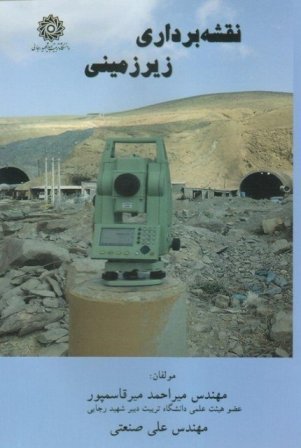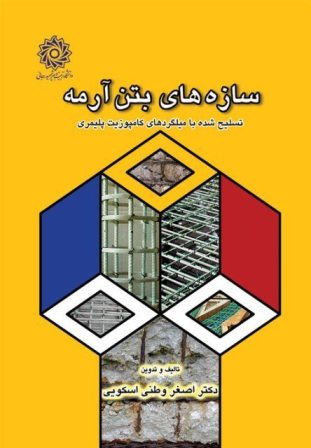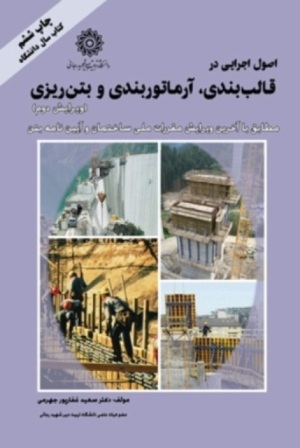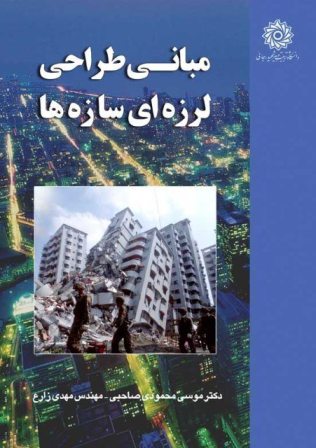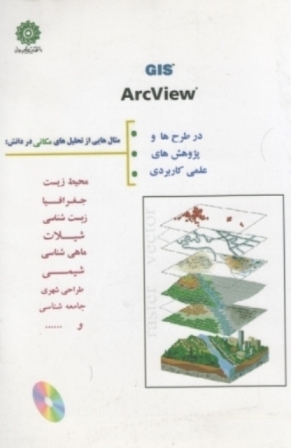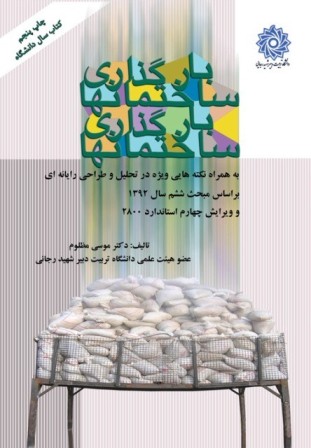

Mahdi Arabi
- Associate Professor
- Department of Surveying and Geomatics Engineering
Research Interests:
- Below I mention my areas of interest and experience:
(Please Read the additional information and details in the CV and cover letter). - Development of GIS models:
(participation of multi-spatial data, with floating natures and quantities):
Today, floating issues with varying degrees of influence in different time frames have changed the use of static data. Entering dynamic data with cascading effects, has doubled the need to check sinusoidal data spectra. Therefore, my new proposal is: floating information systems to strengthen the performance of the following: Systematization, control, evaluation and monitoring of: (for example: infectious diseases in the country. Modeling health development practices in the country, Development of animal health information systems, Modeling of dangerous and incurable diseases). and other topics: Modeling Environmental Impacts on Road Accidents: Spatial Factors in the Production of Physical Disabilities, Modeling of floating categories with urban dynamic parameters: traffic, noise pollution, air pollution, risk of roads and streets in heavy rainy days and… - Climate change issues:
For Impact assessment of Dangerous Effects of Climate Change, Modeling and algorithm design form the basis of our work. At different scales (local, regional and global), we need modeling in the following cases: Changes in Rainfall Patterns, Increase in Sea Level, Loss of Wildlife Species, High Temperatures, Shrinking of Arctic Ice, Stronger Storms and Hurricanes, Prolonged Heat Waves, Spread of Disease and Economic Losses, Shifting Habitat, Wildfires, Dust, Pollution, Waste, water issues, Surface runoff intensity, flood, forestry, … - Environmental management, Environmental development:
Looking at spatial changes in production and consumption sources: Energy. Water. Biodiversity and Land Use. Chemicals, Toxics and Heavy Metals. Air Pollution. Waste Management. Ozone Layer Depletion. Oceans and Fisheries. Deforestation and … We must create floating spatial information systems to be able to perform spatial analysis in the following cases:
Environmental hazards assessment, Risk assessment of urban and rural environment, Environmental crisis…, modeling of environmental crisis: flood, water, dust and … Project management in city, environment, sea, land, forest, desert, road … (types of structures), project controller. Impact assessment of human activity (industrial – Mineral – urbanize – Large scale agriculture – Communication Systems and Industries – Transportation) on the natural world, new conditions, and environmental systems. - Urban Management, Spatial planning:
A systematic look at urban structures, strategic management and multifaceted evaluations is inevitable; Especially when we have multi-faceted and floating management parameters, complex phenomena are produced or removed at the moment, but their effects remain for a long time. In the framework of metropolitan plans and systematic management of cities, is necessary and vital to enter, classify and analyze the big issues facing the management of cities: Degraded Environmental Quality. Overcrowding. Housing Problems. Unemployment. Development of Slums. Water Problems. Sanitation Problems. Health Hazards. Transportation Problems. Disposal of Trash. Urban Crime.
In this way, by evaluating and involving the above problems, the following programs and systems will be more logical, better efficiency and less mistakes. Also, metropolitan programs will have high risk-taking power: Urban planning & design; land use; 3D cadastral system; 3d city models; Land Information System ;( LIS) Spatial Data Infrastructure (SDI); Smart cities: Monitoring, and dispatching of public transport systems, traffic. Housing: Guiding patterns of housing construction, low-income housing. Management and control of the housing market. mass housing for low-income and middle-class urban and rural areas, empowerment of the marginalized, and the poor houses. - The super-challenging issues of metropolitans:
More specifically, lockdown of corona virus pandemic, showed us images of our cities that forced us to think seriously about basic issues such as the future of public space, mobility, adequate and affordable housing, and the limits of the smart city and the digital divide, among many other things. Now after pandemic years, the time has come to focus on four key challenges:
Challenge 1: Unstoppable urban growth is linked to inequality, a phenomenon that occurs frequently in metropolitan spaces. we need to provide metropolitan responses linked to ideas such as polycentrism and humanizing metropolitan environments.
Challenge 2: public legitimacy. What legitimacy do metropolitan institutions have? How do they coordinate with national governments, with other levels of government, and with dwellers?
Challenge 3: Digital disruption, or in other words, the impact of digitalization and digital transformation on the economy and service management.
Challenge 4: Resilience. Not only from an environmental perspective, but social, economic and environmental resilience that go hand in hand. We need to see how metropolitan spaces can respond to many current problems, and solutions are always developed from the perspective of governance.
Info:
- Email: mahdi.a@sru.ac.ir
- Download (CV)
![]()
Tel: +98 (21) 22970021
Fax: +98 (21) 22970021
Mail: civil@sru.ac.ir
![]()
.
![]()


